The image below is my creation of what goes in my mind when I think of free college:
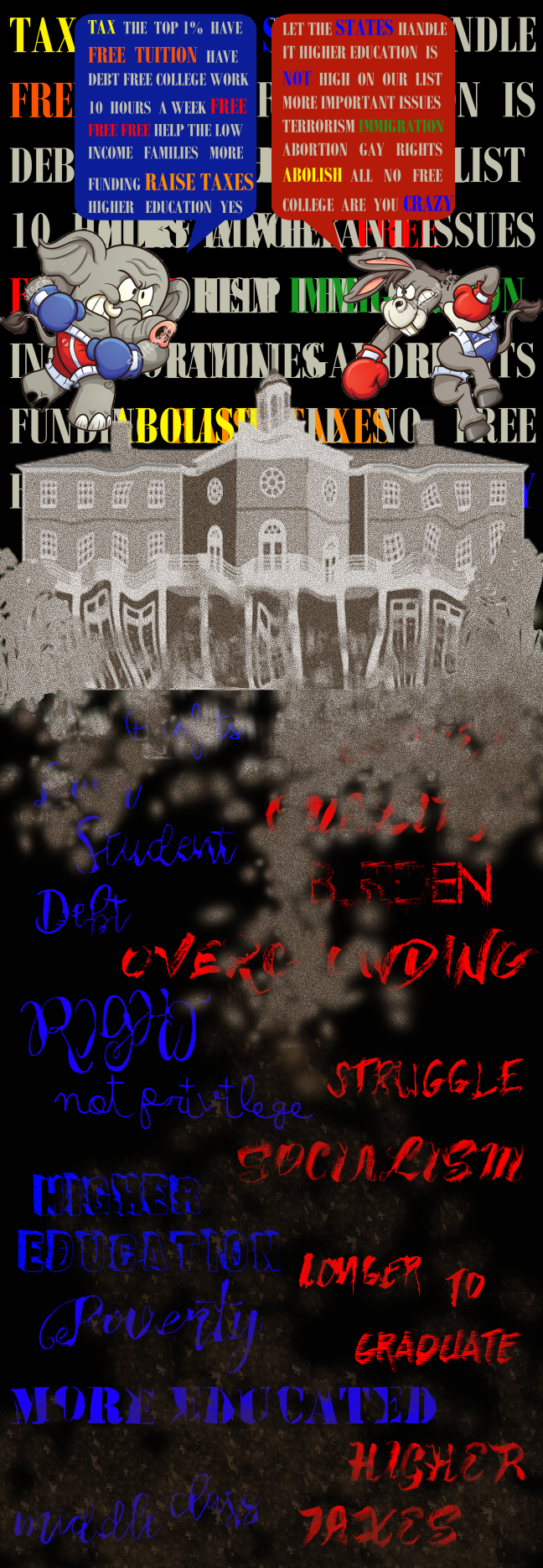
I made a graphical representation the fight between Democrats and Republicans about free college and the economy. The elephant and the donkey are on top of the university, arguing over the benefits and cons of free college as well as what each party has said about free college. I also attempted to highlight harsh or main arguments of both parties, but it was difficult to find colors that would stand out the most in blue and red so I just combined a whole bunch of bright colors. I then copied the same exact text and pasted it to the background with them overlapping each other, so show how the two parties never really listen to each other and just talk over each other which in turn leads to getting nothing done.
Below the two arguing animals, I placed an image of a university building and attempted to make an effect that the university is crumbling and being distorted as the two parties are arguing. This was to show how because nothing gets done in Congress, the universities are suffering because the backbone of universities, the students, are crumbling as well from the indecisiveness of Congress on issues such as debt and loans. I painted over a dirt effect to illustrate this and changed the colors of the once bright university building to brown.
Below the university are different arguments made for and against free college. Although they do not reflect the party ideals themselves, I did still use a blue vs. red because the Democrats are for and the Republicans are against. For the blue side, I attempted to use more cursive, educational type of fonts to show the educational benefits of free college. Also, because they reflect the benefits, these fonts emphasize that fact. Meanwhile, on the red side, I tried to use more rough fonts to emphasize the negative effects of free college. I also used a liquidizing effect to show that the words were drooping and crumbling just like the university.
Finally, I chose a black background because it’s an issue that is in the dark. Yes, the Democrats have discussed the possibility of free college, but it’s not something that is heavily discussed about like other topics. This is something that needs to be brought to light to be able to discuss the future of this country.
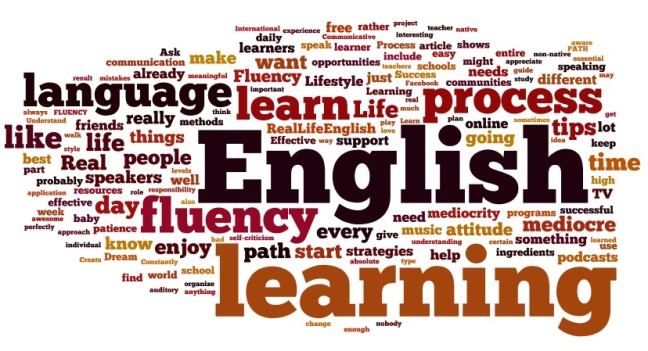
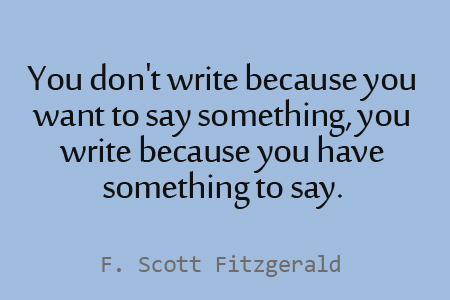



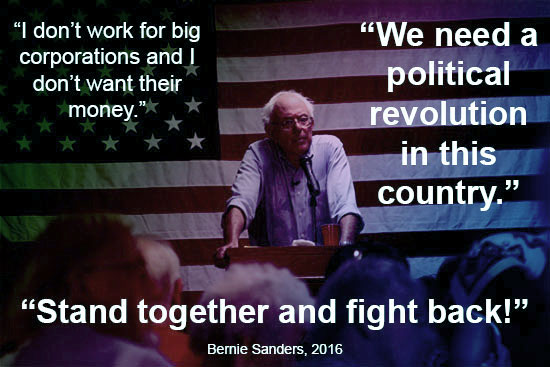


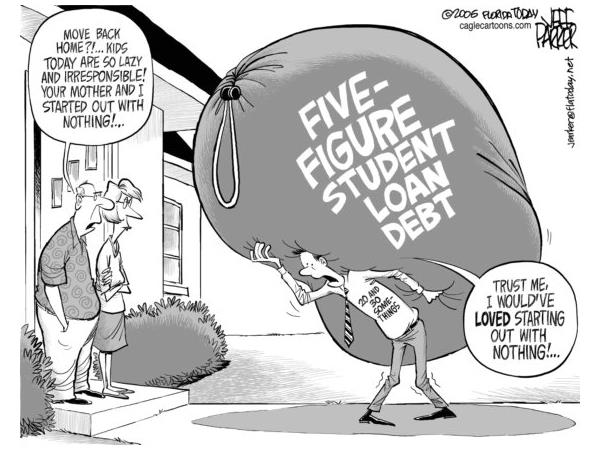

 (
(